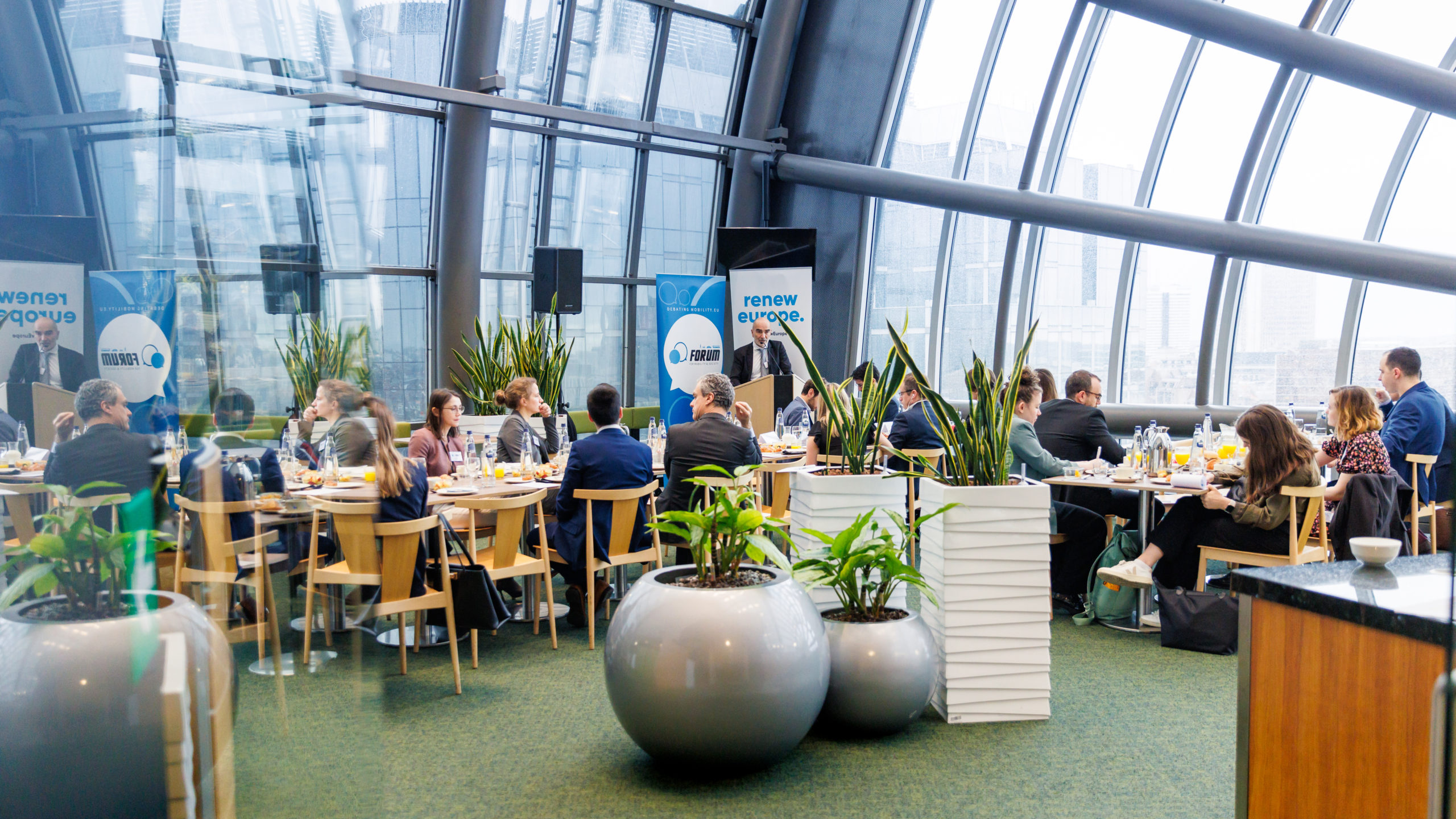23 March 2022 – Members of the Forum for Mobility and Society met to discuss the Critical Raw Materials (CRM) Act at the European Parliament, at the kind invitation of FMS Co-Chair, MEP Ondřej Kovařík.
MEP Kovařík gave his opening remarks regarding the CRM Act and the ambition to diversify the resource portfolio of the EU, to secure safe and reliable partnerships for Europe’s industry and to meet the set climate objectives.
“If we want to succeed in the transition to green technologies, especially in the area of mobility, securing raw materials will be critical,” said MEP Kovařík.
Joaquim Nunes de Almeida, Director Ecosystems IV: Mobility & Energy Intensive Industries from DG GROW at the European Commission, gave a brief overview of the CRM Act.
Raw materials are needed to meet climate objectives; currently, Europe is dependent on countries outside of the EU when it comes to accessing raw materials needed to build cleaner technologies.
Nunes de Almeida noted that there are mineral deposits in Europe, but a challenge is addressing the “not in my backyard” sentiment among areas where these deposits are located. However, exporting the problem to other parts of the world does not address the initial needs of building a resilient economy and potential solutions for climate goals.
Stakeholders from the mobility industry acknowledged and welcomed the comprehensive CRM Act, but also called for the need to unify end-of-life treatment and recyclability procedures on different products and materials. There is potential in unlocking recyclability of materials in Europe to build a more circular economy, to reduce dependency on other countries. When it comes to addressing dependency, stakeholders are also mindful that these dependencies are mutual and there is mutual interest in ensuring stable partnerships.
Moreover, there are also continuous technological developments when it comes to building new mobility products that are less reliant on raw materials. Some of these are already available in the market, and thus proving there are various ways to address industry and climate objectives at the same time.
The CRM Act addresses the industry and the climate, both of which are often pitted against each other. But the consensus of the debate affirmed that securing critical materials is needed to create a more sustainable future and a resilient economy.
